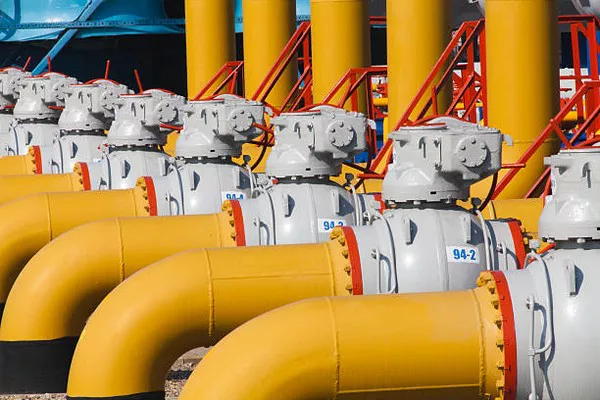Your air conditioning system is a crucial component of your vehicle or home, providing a comfortable environment during scorching summer days. However, when the AC compressor starts exhibiting unusual sounds, it can be an early indication of potential issues. Recognizing these sounds and addressing them promptly is essential to prevent further damage and costly repairs. In this article, we will delve into the distinctive sounds associated with a failing AC compressor, helping you identify and rectify problems before they escalate.
Squealing or Screeching:
One of the most common indicators of a deteriorating AC compressor is a high-pitched squealing or screeching noise. This noise is often a result of worn-out or loose drive belts connected to the compressor. Over time, these belts can lose their tension, slip, or become damaged, causing the compressor to emit a shrill sound when in operation.
To address this issue, inspect the drive belts for signs of wear, cracks, or misalignment. If you notice any abnormalities, it is crucial to replace the belts promptly to prevent further damage to the AC compressor and associated components.
Clanking or Rattling:
A distinct clanking or rattling noise coming from your AC compressor may indicate loose or damaged internal components. This could be a result of broken or worn-out compressor mounting bolts, connecting rods, or pistons. As these parts become compromised, they create a noticeable noise, signaling the need for immediate attention.
If you hear clanking or rattling sounds, it is advisable to consult a professional technician to inspect the internal components of the compressor. Ignoring these noises can lead to severe damage and potential compressor failure, requiring a costly replacement.
Clicking or Tapping:
Clicking or tapping noises emanating from the AC compressor may be attributed to a variety of issues, including loose or damaged components within the compressor or issues with the clutch assembly. The clutch engages and disengages the compressor as needed, and any malfunction can result in irregular clicking sounds.
Inspect the clutch for signs of wear, damage, or misalignment. If the issue persists, it is recommended to seek professional assistance to diagnose and address the underlying problem. Ignoring clicking or tapping noises may lead to further damage, affecting the overall performance of the AC system.
Hissing or Whistling:
A hissing or whistling sound from the AC compressor may indicate a refrigerant leak. The refrigerant is crucial for the proper functioning of the system, and a leak can lead to reduced cooling efficiency and potential damage to the compressor.
If you notice a hissing or whistling sound, it is essential to have the refrigerant levels checked and the source of the leak identified and repaired by a qualified technician. Addressing refrigerant leaks promptly not only preserves the compressor’s integrity but also ensures optimal cooling performance.
Continuous Humming or Buzzing:
While a subtle humming sound is normal during the operation of an AC compressor, a continuous and excessive humming or buzzing noise may signify electrical issues within the compressor or the surrounding components. Faulty wiring, capacitor problems, or electrical malfunctions can lead to irregular sounds that require immediate attention.
In such cases, it is recommended to consult with a professional technician to diagnose and rectify the electrical issues. Ignoring continuous humming or buzzing sounds can result in electrical failures, leading to a complete breakdown of the AC system.
See Also What Is An Air Compressor Used For
Conclusion:
A vigilant ear and timely action are crucial when it comes to identifying and addressing the sounds associated with a bad AC compressor. Whether it’s squealing, clanking, clicking, hissing, or humming, each sound provides valuable insight into potential issues that, if left unattended, can escalate into significant problems. Regular maintenance and prompt repairs by qualified professionals are essential to ensure the longevity and efficiency of your air conditioning system. By staying attuned to these warning sounds, you can proactively protect your investment and enjoy a consistently cool and comfortable environment.

